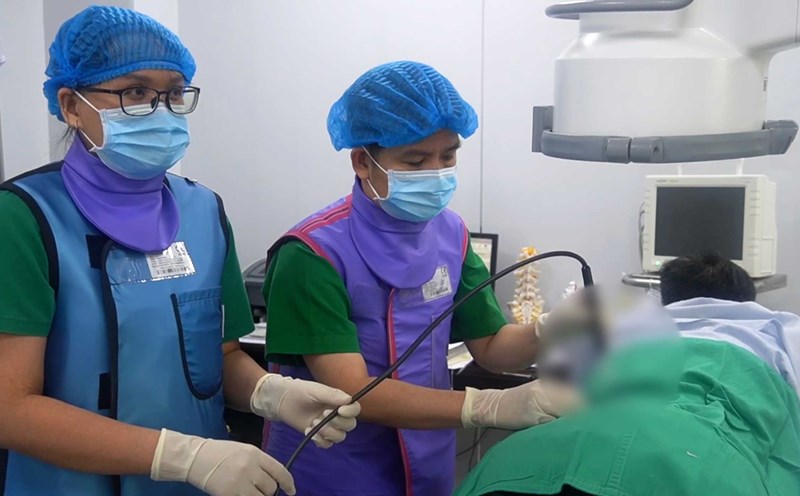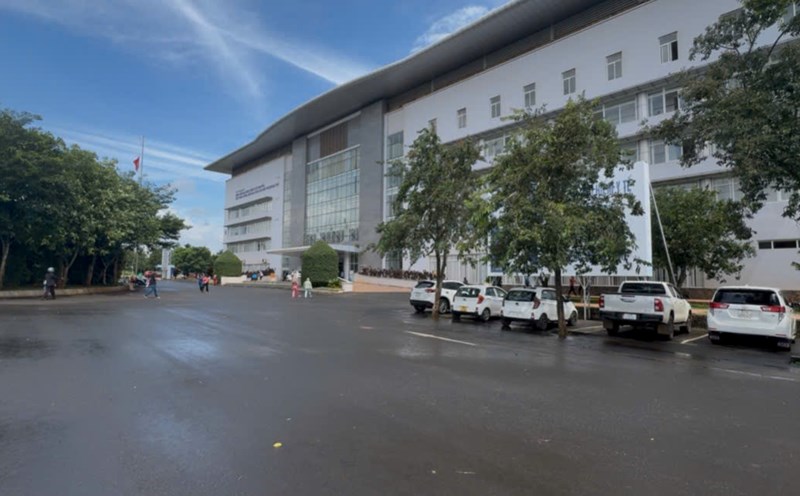Age not only causes external changes in the body but also deeply affects the digestive system. Many elderly people face stomach pain, constipation or acid reflux more than in young age. The cause stems from the natural weakness of muscles, digestive nerves and changes in the production of enzymes and stomach acid.
digestive system slows down with age
According to Dr. Erik Chung, a gastroenterologist at Montefiore Health System, Bronx, New York (USA): "As we age, the muscles and nerves in the digestive tract become less effective, causing food to move more slowly and make it more difficult to digest."
In addition, the stomach also secures less acid, reducing the ability to absorb nutrients. Long-term use of many drugs, chronic diseases such as diabetes or Parkinson's, along with a sedentary lifestyle and low intake of fiber all contribute to digestive disorders.
A common consequence is constipation. When bowel movements slow down, the body absorbs more water from food, making the fertilizer dry and hard. The elderly produce few digestive enzymes, making it more difficult to break down food, causing slow digestion and abdominal pain, emphasizes Dr. Nikiya Asamoah, a gastroenterologist at MedStar Medical Center Washington (USA).
Acid reflux and medication make the condition worse
In addition to constipation, acid reflux also occurs more often in old age. The weak lower esophageal attaches cause acid and food to reflux, causing heartburn. Being overweight also puts pressure on the stomach, promoting this phenomenon.
Experts recommend lifestyle changes: avoid spicy foods, coffee, alcohol; divide meals into small pieces; maintain a reasonable weight and do not lie down immediately after eating. If symptoms persist, the doctor may prescribe appropriate treatment.
In addition, many medications that the elderly often use such as antibiotics, ibuprofen, depression medications or addictive drugs can irritate the stomach lining or cause constipation. Experts recommend taking medication with food or milk, while also adding plenty of water and fiber to support the intestines.
A healthy lifestyle helps reduce stomach pain
To maintain a healthy digestive system, small changes can have a big impact. Dr. Subhankar Chakraborty, a gastroenterologist at Wexner Medical Center, Ohio State University (USA), recommends: "Support 25 - 35 grams of fiber per day from whole grains, fruits and vegetables, combined with regular exercise and drinking plenty of water".
He also emphasized eating slowly, dividing meals and avoiding lying down right after eating. Meanwhile, Dr. Asamoah recommends that the elderly should record their eating diaries to identify foods that cause discomfort, and discuss with the doctor early if symptoms persist.
A little care for your stomach, even when youre young, can significantly reduce digestive pain as you age, Asamoah says.











